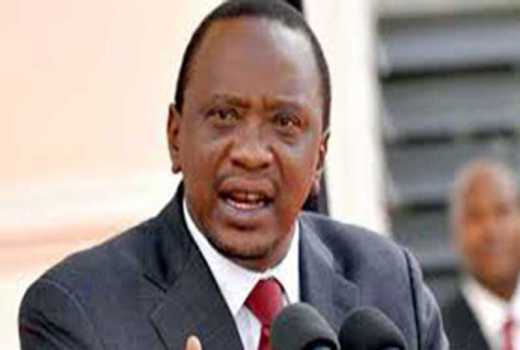
It is amazing that of all the things that President Uhuru spoke about in his State of the Nation address, what has stood out for a majority Kenyans is his public apology for the negatives experienced during and after the 2017 presidential elections.
The President has received praises from across the political divide, starting right from Parliament where MPs and senators readily reached out to one another with hugs and handshakes during the President’s speech. Citizens have equally applauded the President for taking the courage to apologise to the nation. It was indeed unique and historic, especially with the Deputy President offering a similar apology.